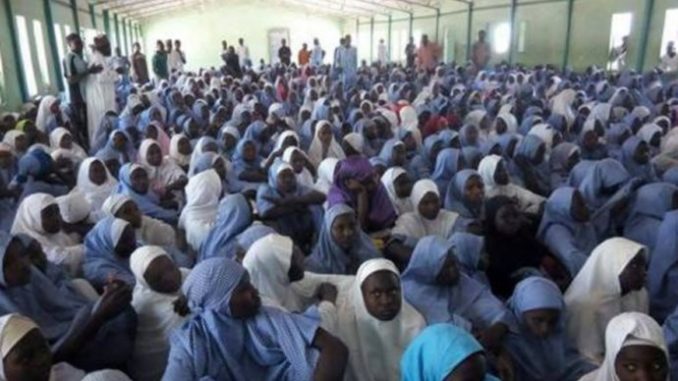
DAPCHI, Nigeria—As evening prayers resounded across this northeastern Nigerian town last month, camouflage-clad jihadists drove up to a local girls’ school and kidnapped 110 students in a replay of one of the world’s most infamous abductions: Boko Haram’s 2014 seizure of 276 girls, hours away in Chibok.
But the Feb. 19 attack was different in an important and unsettling way, according to U.S. and Nigerian officials. The culprit wasn’t Boko Haram, but a breakaway faction that is allied with Islamic State and, in the eyes of Washington, the biggest terrorist threat in Africa’s most-populous nation.
This splinter group, known as Islamic State West African Province, is better trained and more focused on Western targets, American officials say. It is also in regular contact with Islamic State commanders in Iraq and Syria, according to internal communications reviewed by The Wall Street Journal.
Boko Haram’s Chibok kidnapping sparked a global campaign—#BringBackOurGirls—and ultimately won it a €3 million ($3.7 million) ransom, according to officials involved in the exchange, as well as world-wide notoriety.
The copycat attack seems similarly intended to bring the Islamic State faction funds and fame. The 110 hostages are girls from Dapchi Girls Science and Technology College, the youngest aged 10.
“They’ve learned something: You can make money from taking girls,” said Jacob Zenn, an analyst at the Jamestown Foundation, a foreign-policy think tank, who provided some of the communications between Islamic State and Boko Haram.
Nigeria’s government response this time suggests it may pay again: On Tuesday, President Muhammadu Buhari said he would try to negotiate the girls’ release, rather than risk a military confrontation. Several senior Nigerian and Western officials said backchannel talks were already under way.
*Reuters












